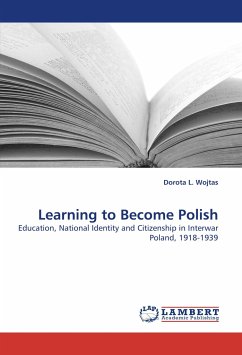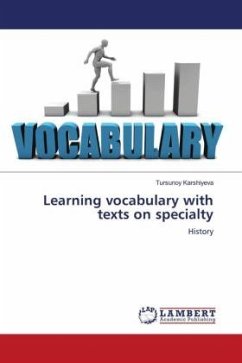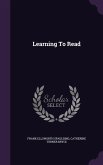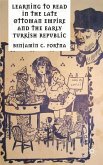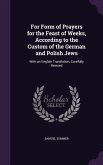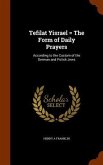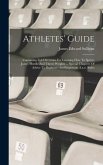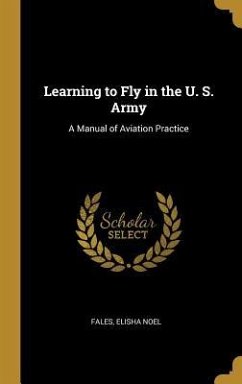In the aftermath of Poland s independence, integration of the nation represented a key task among projects facing a polity that inherited incompatible legal, administrative, and economic frameworks, as well as several ethnic minority groups. The study interprets models of identity propagated by public schools as a form of a narrative that embraced the goal of retrospective mythology and allowed the nation-builders to mold the collective memory of the citizenry. The existing scholarship differentiates between two models whose ideology closely followed the developments on the political scene. The book challenges this interpretation based on input from professional debates, curricula, textbooks, and school records. It identifies three standards and argues that only the last one mirrored the agenda of the ruling authoritarian establishment. Ultimately, the study provides a fresh contribution to the ongoing debate on the concept of national citizenship and also broadens our understanding of the failure of democracy in interwar Poland. The book was written for an audience interested in ethnic and civic identity, nationalism, Eastern European Studies, as well as history of education.
